Following Eric Weinstein’s interview on how String Theory culture has stifled innovation in theoretical physics, longstanding critic of String Theory, Peter Woit, takes aim at the theory itself. He argues that String Theory has become a degenerative research project, becoming increasingly complicated and, at the same time, removed from empirical reality. Even the remaining string theorists of the past have given up on the ontology of strings, as well as the original vision of the theory.
Your book Not Even Wrong: The Failure of String Theory and the Continuing challenge to Unify the Laws of Physics came out in 2006. Could you summarise the main argument against String Theory as put forward in that book?
The story of string theory is rather complicated, so the intent of the book was to fully examine some of those complexities. The main problem with the theory though has always been a simple one: it achieves unification by postulating six or seven unobserved extra dimensions, then tries to explain everything we see in terms of these. The initial hope of 1984-5 was that there would only be a few consistent ways of making those extra dimensions unobservably small, and one of these would give our universe. But all evidence now is that either:
1. There is no consistent way to do this.
2. There is an essentially infinite number of ways to do this (the "landscape"), giving almost anything you want, so unpredictive.
In either case, the idea of string theory unification is simply a failure.
 SUGGESTED READING
We still don't understand the measurement problem
By Sabine Hossenfelder
SUGGESTED READING
We still don't understand the measurement problem
By Sabine Hossenfelder
Has anything has changed since then about the way you think about String Theory?
I think that the arguments made in that book have aged very well and there is little that I would change if I were to rewrite it today. Back when I wrote the book I was concentrating on trying to understand exactly what string theorists were doing. In recent years they themselves have mostly given up on their original claims and the field has come to a standstill, so no reason to spend much time on it.
I heard you say in a recent podcast interview that it’s hard to pin down what String Theory even is today. What did you mean by that?
String theory has always suffered from the fact that it is only defined in certain limiting cases. What has happened over the years is that hopes to find a unified theory using one of those limiting cases have collapsed as it became clear this didn’t work. People working on string theory have mostly given up on work using these limiting cases, but they haven’t made any progress on finding a general theory. So, they have moved onto working on other topics, but oddly often still calling themselves “string theorists”. To some extent people now refer to “string theory” as whatever this group of theorists is doing now, but since it’s a range of things, none of them involving strings, it’s hard to now know what the term means.
One aspect of what has happened is that since attempts at a unified theory have collapsed, the string theory community has fallen back on just thinking about quantum gravity, and only a small range of questions within that subject, mainly using techniques that historically have some origin in string theory research, but now have nothing to do with strings.







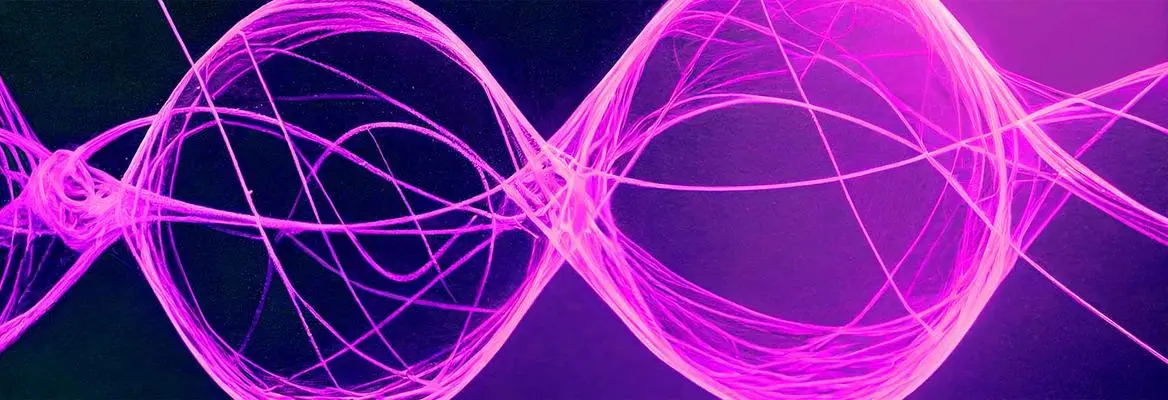



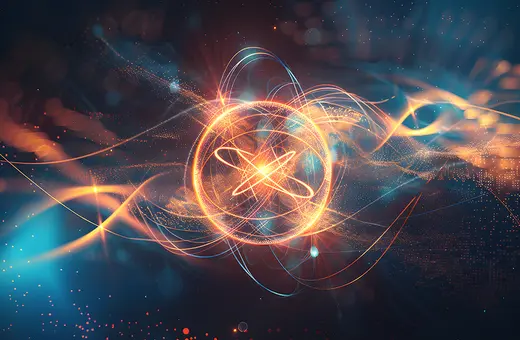
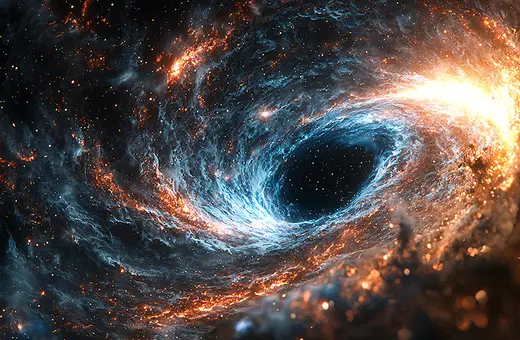
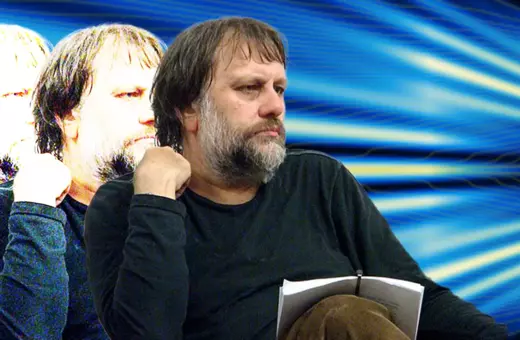
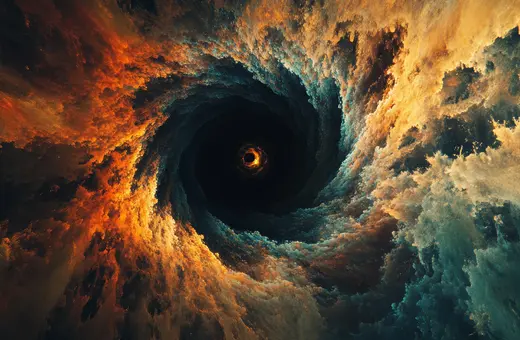






Join the conversation